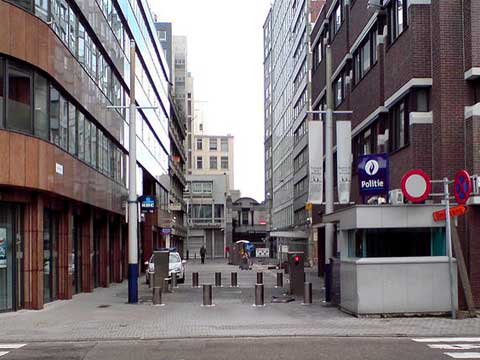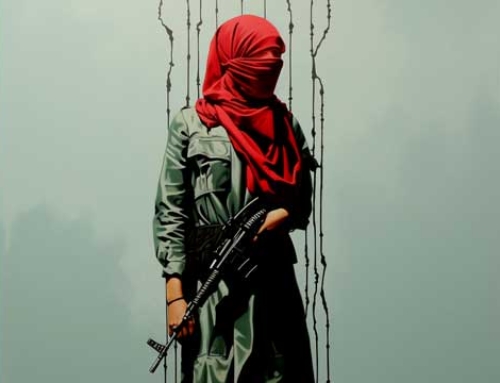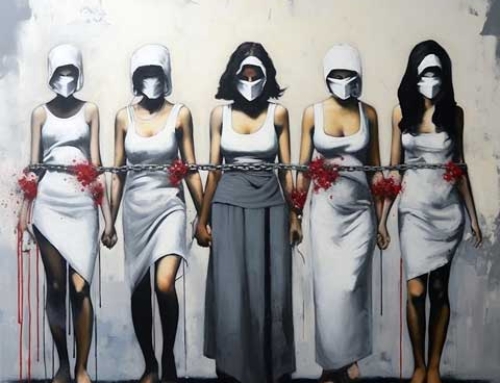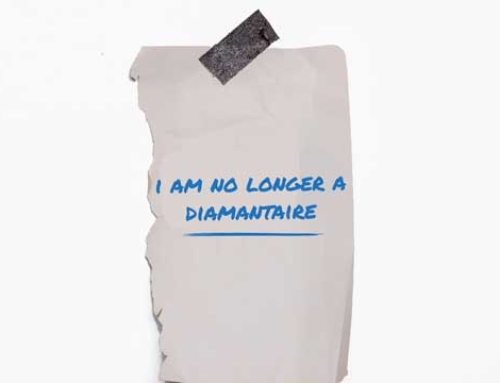The travel ban between India and South Africa on the one hand and our country on the other has little economic impact on the Antwerp diamond sector for the time being. This is what the umbrella organization Antwerp World Diamond Centre (AWDC) says. Meanwhile, the World Federation of Diamond Exchanges has started a solidarity action for Indian hospitals.
India and South Africa have always been very important trading partners for the Antwerp diamond industry. Diamond merchants of Indian origin make their mark on trade in Antwerp, India itself has by far the largest number of diamond processors in the world. South Africa, in turn, has traditionally been a major producer of rough diamonds. The country still extracted around 10 million carats from its mines in 2018.
“In itself, there is not that much change for us,” says AWDC spokeswoman Karen Rentmeesters. “The diamond industry adheres to the quarantine rules, professional travel remains possible. We are also not specifically imposing stricter rules on diamond dealers coming from India. Anyhow, they need an attestation.”
Rentmeesters points out that Antwerp – still the leading world center – has been able to ensure the continuity of the diamond trade since the corona outbreak last year. “Our big advantage is that many buyers and sellers are based here. The diamond companies send their goods. You also have people in Antwerp who can participate in a diamond auction on behalf of a certain company, for example. Compare that to Dubai (a center that has grown substantially over the past 20 years), where they have to rely on inbound buyers.”
According to the AWDC, the larger polishing plants in India continue to operate. The smaller ones are having a harder time.
The Indian community settled in Antwerp from the 1970s. They form a close-knit community. The World Federation of Diamond Exchanges, meanwhile, is asking its members from the diamond and jewelry industry to help their Indian colleagues and friends in the fight against the coronavirus. This is hitting unusually hard with officially more than 3,000 deaths a day. The donations will be used to buy medical equipment and medicines for hospitals in Mumbai and Surat.






